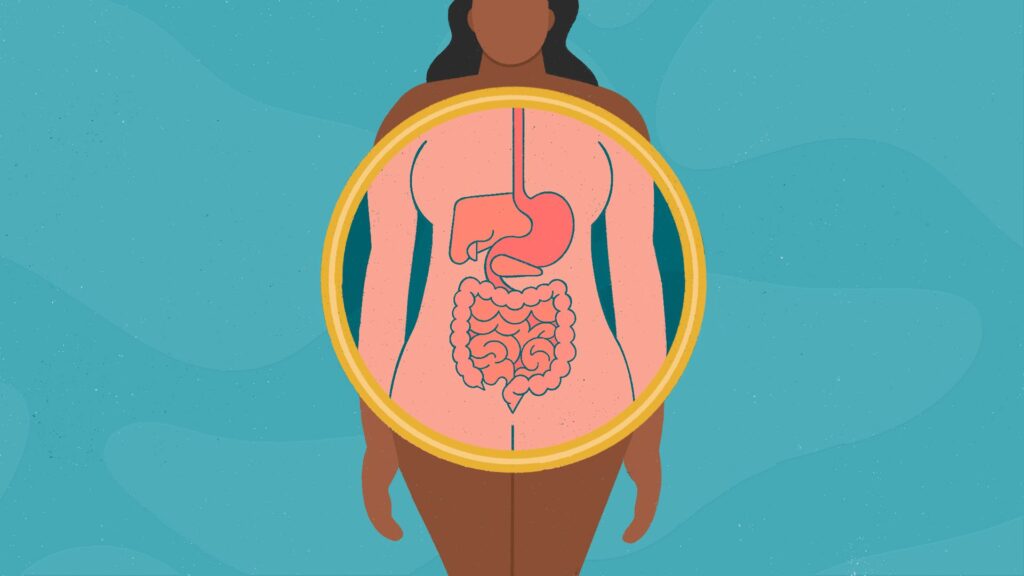In today’s healthcare world, many tools and techniques exist to help diagnose and treat various conditions. One such method that has gained popularity in recent years is the digestive stool analysis, also known as stool sample testing. But how reliable is this method? This article explores the world of stool analysis to understand its accuracy in diagnosing conditions.
Understanding Digestive Stool Analysis
Before diving into the specifics, it’s crucial to understand what digestive stool analysis entails. Essentially, this process, often referred to as stool sample testing, involves taking and analysing a stool sample in a lab. The results offer insights into the presence of bacteria, parasites, fungi, and other microorganisms. It can also provide data on inflammation, digestion efficiency, and the presence of certain digestive enzymes.
The Strengths of Stool Analysis
Stool analysis brings to light many aspects of gut health that might remain hidden otherwise. Some of the strengths of this method include:
- Gut Microbiota Balance: One of the primary purposes of a stool analysis is to determine the types and numbers of bacteria present in the gut. An imbalance in gut microbiota can lead to various health issues. Through stool analysis, healthcare providers can clearly understand which bacteria are flourishing and which might be lacking.
- Detection of Pathogens: Harmful pathogens like parasites, harmful bacteria, and fungi can be identified through stool analysis. This makes it an essential tool in diagnosing infections that may be causing gastrointestinal issues.
- Insight into Digestive Functions: Stool analysis can also give insights into how well one’s digestion is working. For instance, if there’s undigested food in the sample, it could indicate that the digestive process isn’t as efficient as it should be.
Limitations of Stool Analysis
While stool analysis offers various advantages, it also has its set of limitations:
- Varied Results: One’s diet, medications, or even the time of day can influence the results of a stool sample. This variability means that sometimes, the results may not accurately represent one’s overall gut health.
- Not All Pathogens Are Detectable: While many harmful microorganisms can be identified through stool analysis, not all of them show up in every test. Some might be present in such small amounts that they go undetected, or they might not be in the sample at all.
Comparing with Other Diagnostic Methods
Understanding how stool analysis compares to other diagnostic methods is always beneficial. Other tools like blood tests, endoscopies, and colonoscopies offer different insights into the body’s state.
While stool analysis is non-invasive and relatively simple, it might not provide as comprehensive a view as some of these other methods. It’s often best to combine the insights from multiple diagnostic tools for a complete understanding of one’s health.
In Conclusion
Digestive stool analysis offers valuable insights into gut health, revealing the presence of various microorganisms and providing data on digestive efficiency. While it has numerous strengths, it’s essential to understand its limitations and variability.
As with any diagnostic method, it’s always recommended to consult with a healthcare professional when interpreting results. By combining stool analysis with other diagnostic tools and methods, individuals can get a holistic view of their health and make informed decisions about their well-being.











